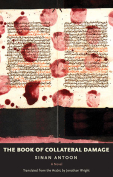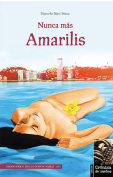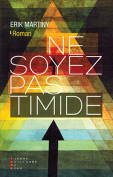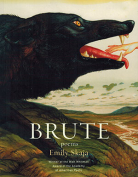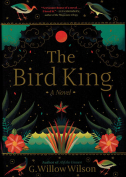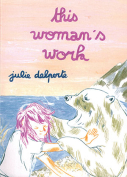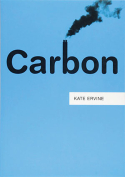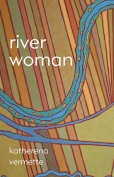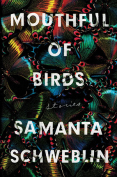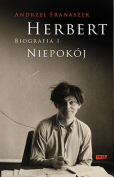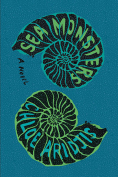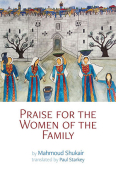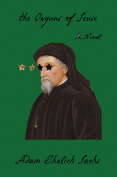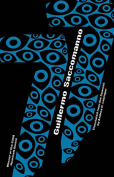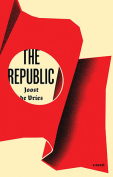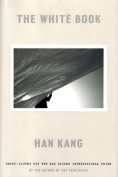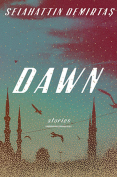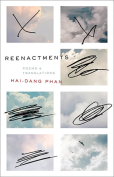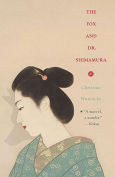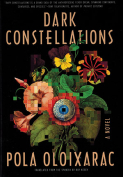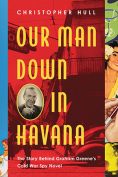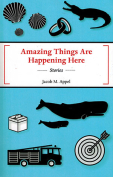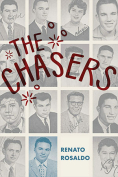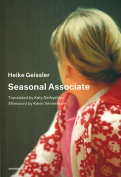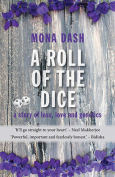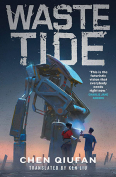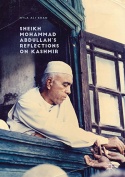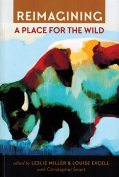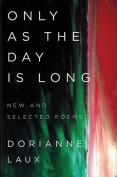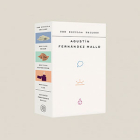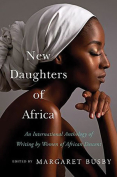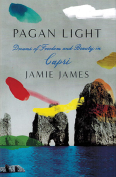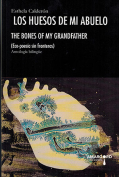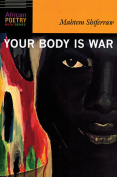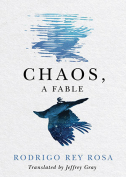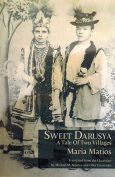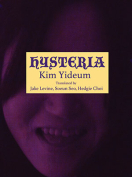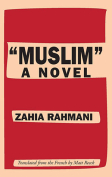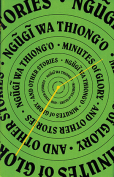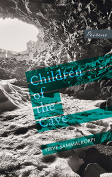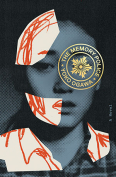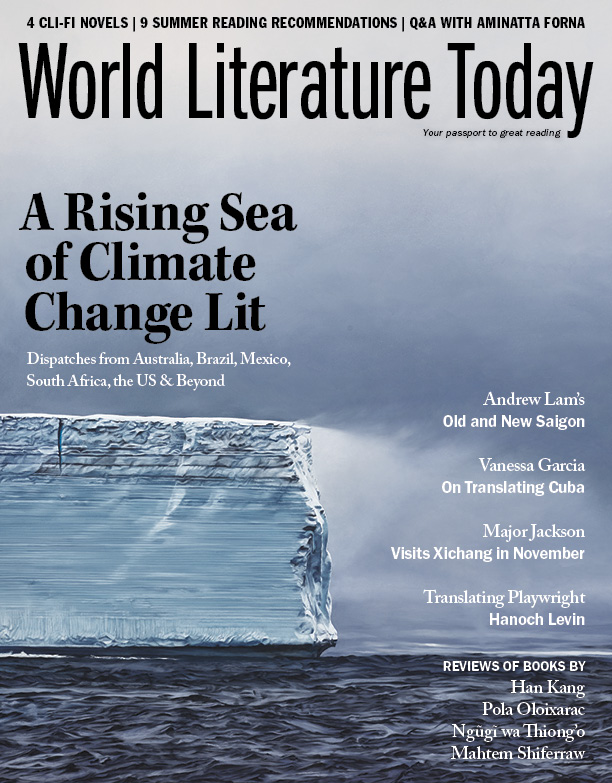Los huesos de mi abuelo / The Bones of My Grandfather by Esthela Calderón
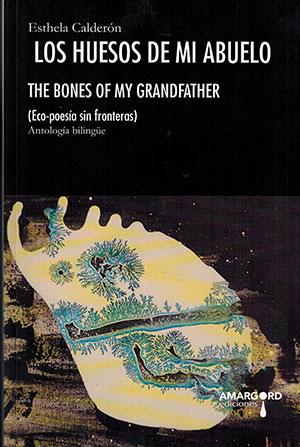 Madrid. Amagord Ediciones. 2018. 281 pages.
Madrid. Amagord Ediciones. 2018. 281 pages.
Los huesos de mi abuelo teaches me things about our terra, flora, and fauna that it seems I have only passively understood. “The sound of the first word was made by a tree,” Esthela Calderón tells us in her poem “History,” to which “the animals and waters answered.” For those of us dwelling in concrete forests, it is all too easy to forget what goes on beyond the veils of so-called civilization and mass corporatization; what had to happen for everything to be just as it is.
In fact, Calderón shows us a mere corner of humanity’s wrongdoings in the poem “The Price of What You See,” in which she writes: “Squatting on its clay, a ceramic jug cries. / Inside, its lament is not tears, not water, / but the memory of extirpated gods,” reminding us that in everything there is life, and inevitably, many of those things are sacrificed to the idea of progress. What have we as humans left behind and forgotten in this race to colonize, dominate, and own as much as we possibly can? When we think of preserving our history, we look upon remnants of robbed graves and stolen artifacts as if we have done them justice by encasing them in glass. “History,” Calderón writes, “frowns in museums. / And, for those who were defeated, there are no more numbers / that serve to count their dead.”
Calderón examines Earth’s ecosystems and history through the poems in Los huesos de mi abuelo, both instructing and challenging her readers. She shows us that we have “fabricated a God / and clung to the story about image and likeness” to hide our guilt of burying the truth. Calderón bleeds love for this land, the ancestors, and all that grows. Between high notes of love and low notes of grief, she compels us to understand that “Darkness has been our greatest contribution” to the universe; that though we may be “Intelligent, even wise, administrators of tragedies, / we mutilated the ideals of Jaguar and Panther.”
These poems shake our sensibilities into awareness of all the ancestors and just how inextricably linked we all are to other living beings. Her poems pace back and forth between reserved simplicity and wide swaths of thick, expressive words to show that each plant and animal has consciousness, like when she says that “flowers are born from their memories / and live without thinking of death.”
I heard someone say once that every poem is a love poem, in that each poem should have love at its core. Calderón’s dynamic use of language, through Steven White’s translations into English, gives way to easier absorption both of pure adoration of everything in our universe as well as an interrogation of humankind’s penchant to destroy it.
Sarah Warren
University of North Texas
